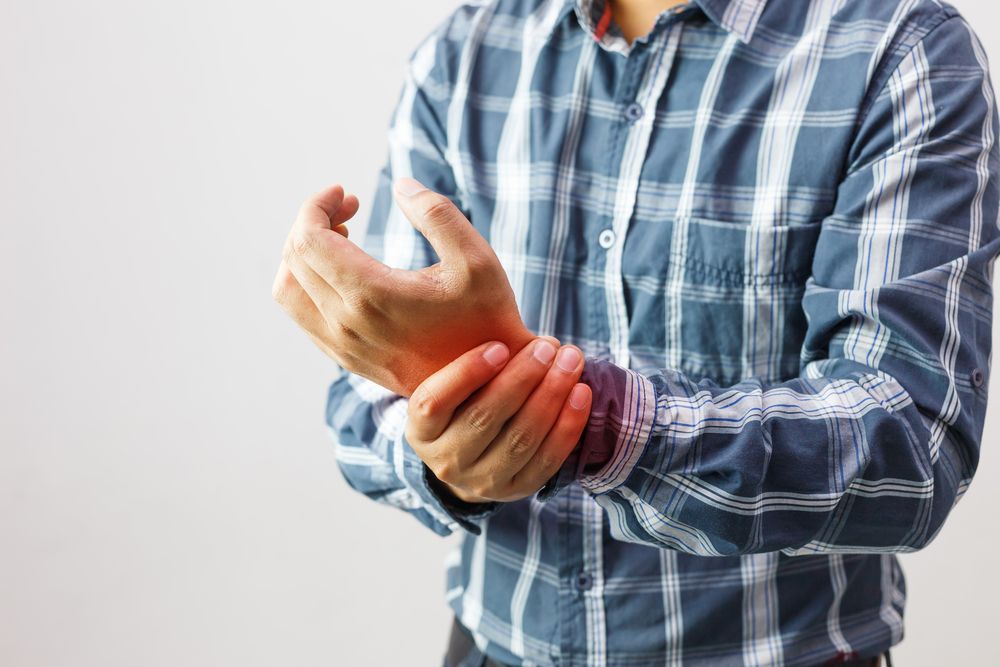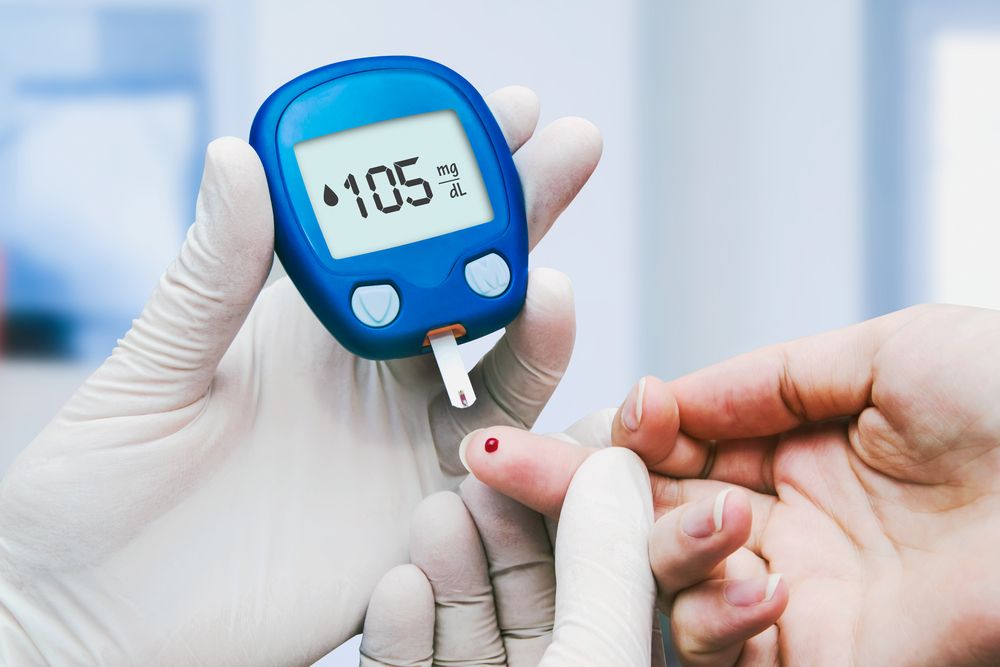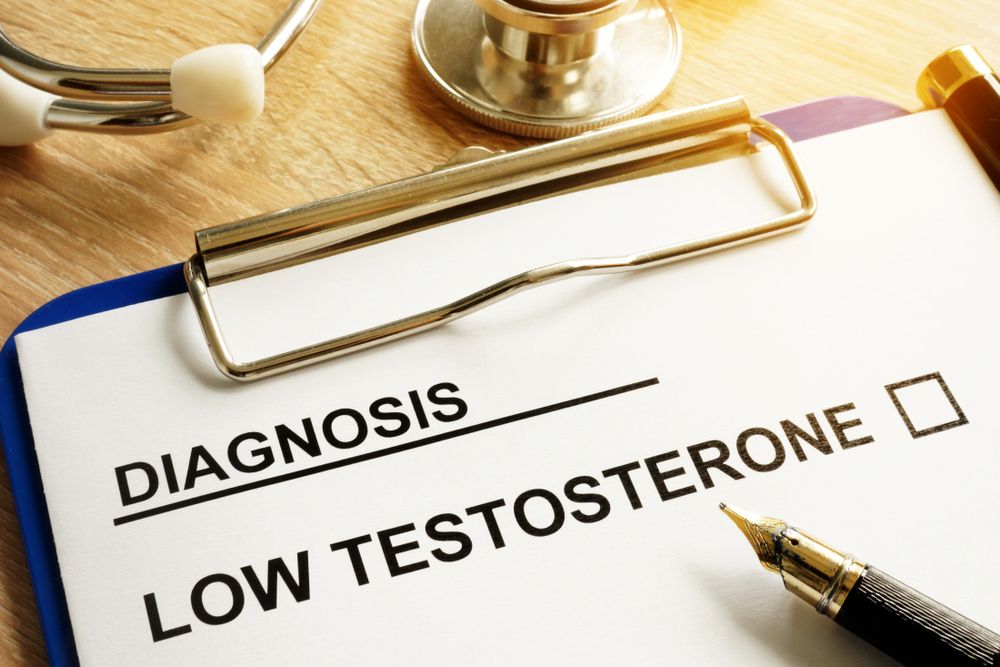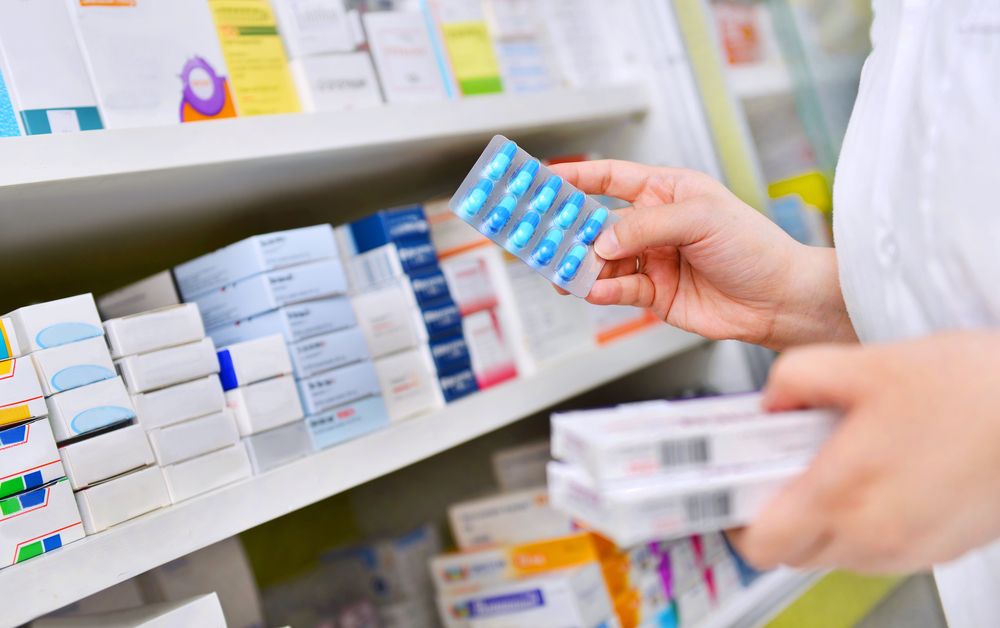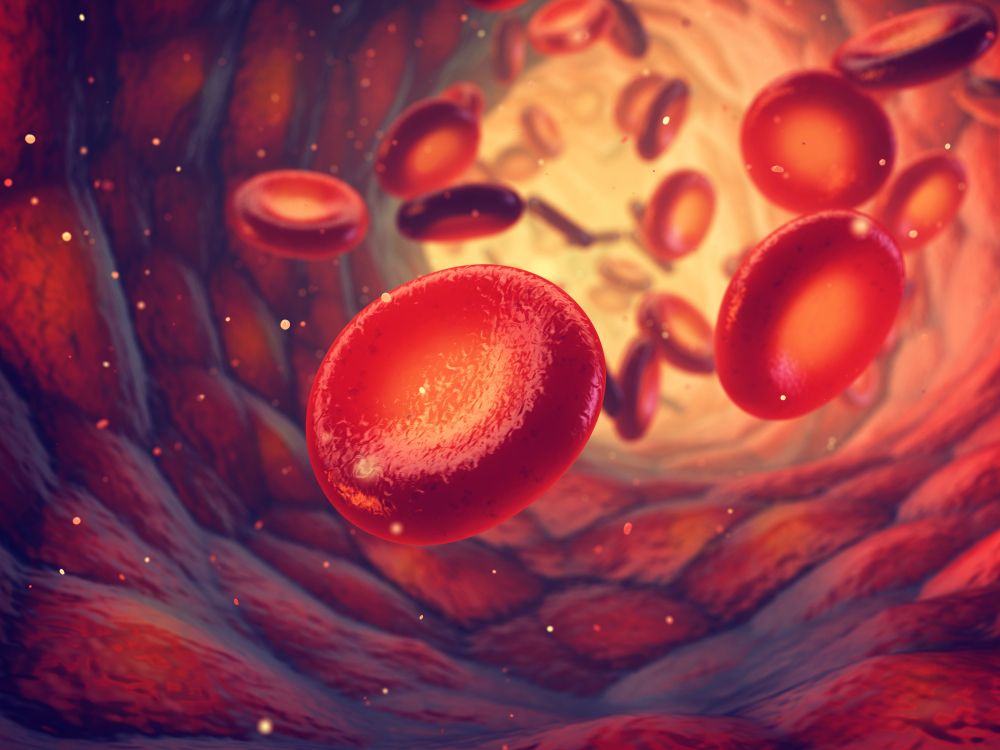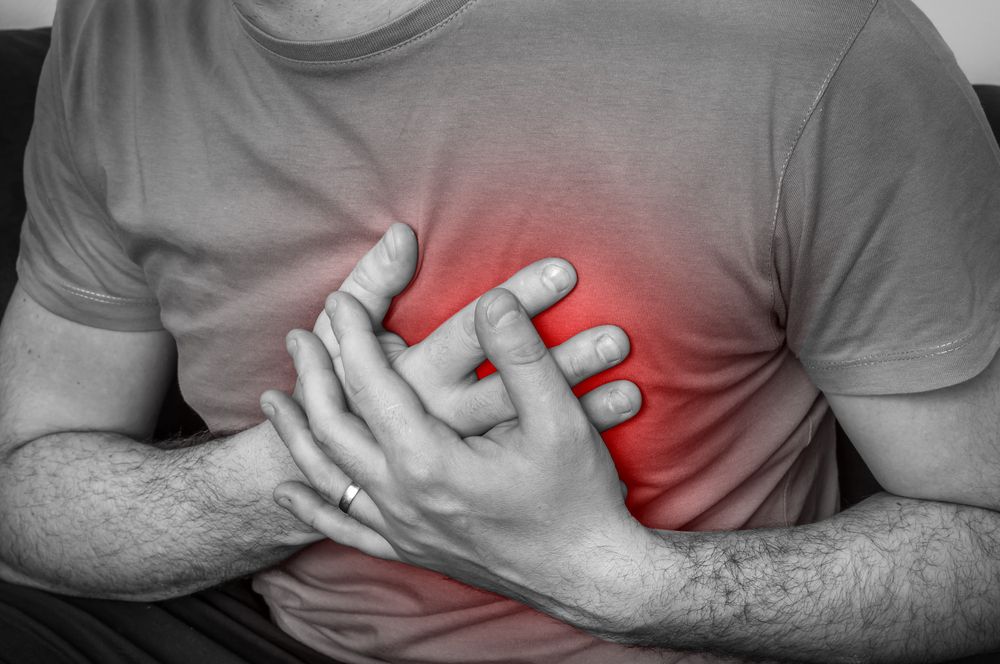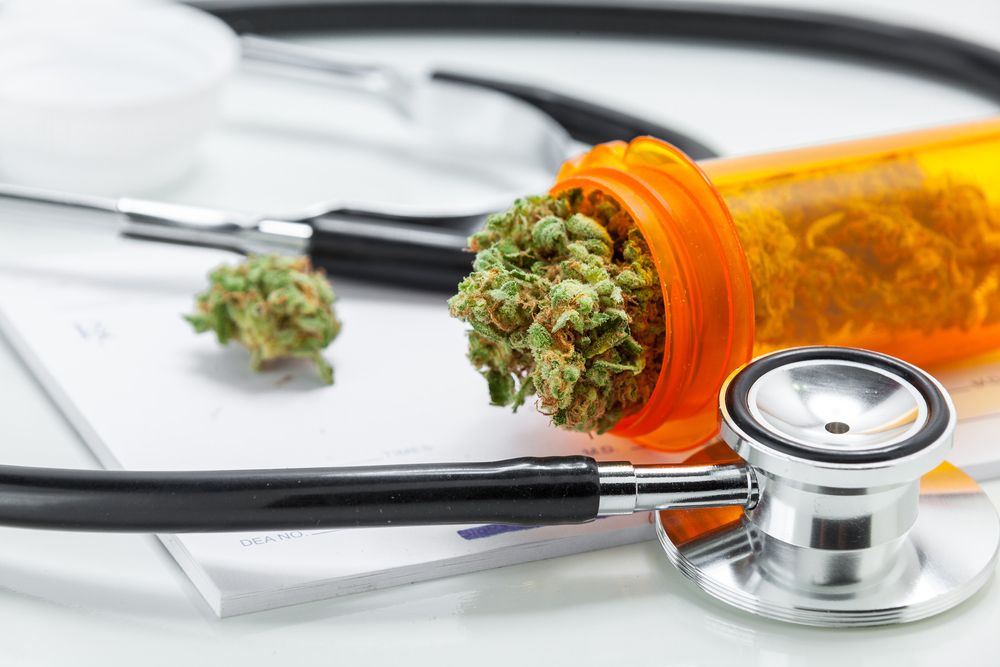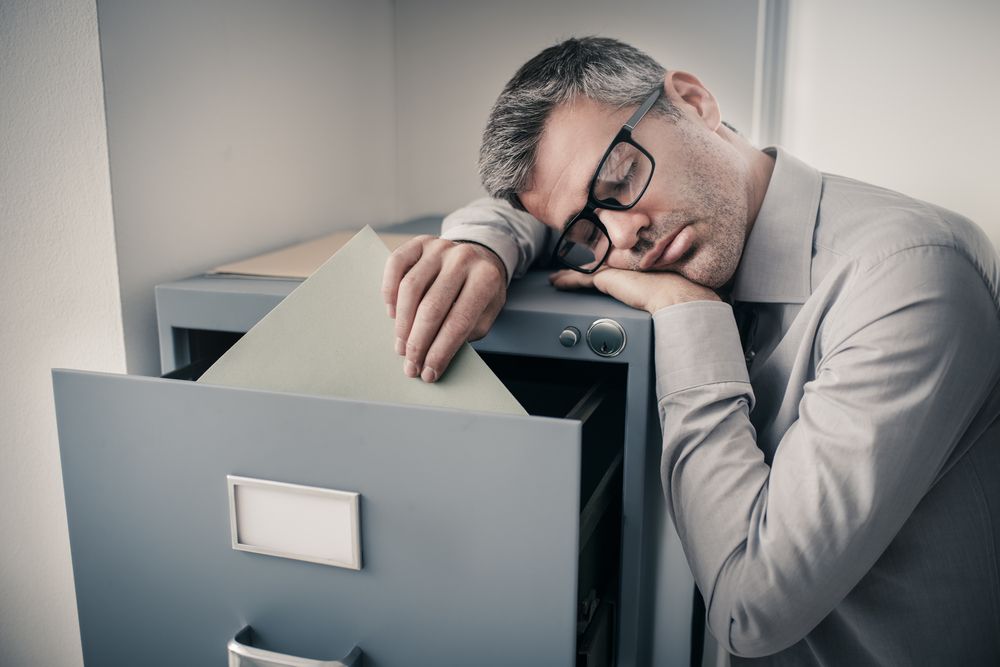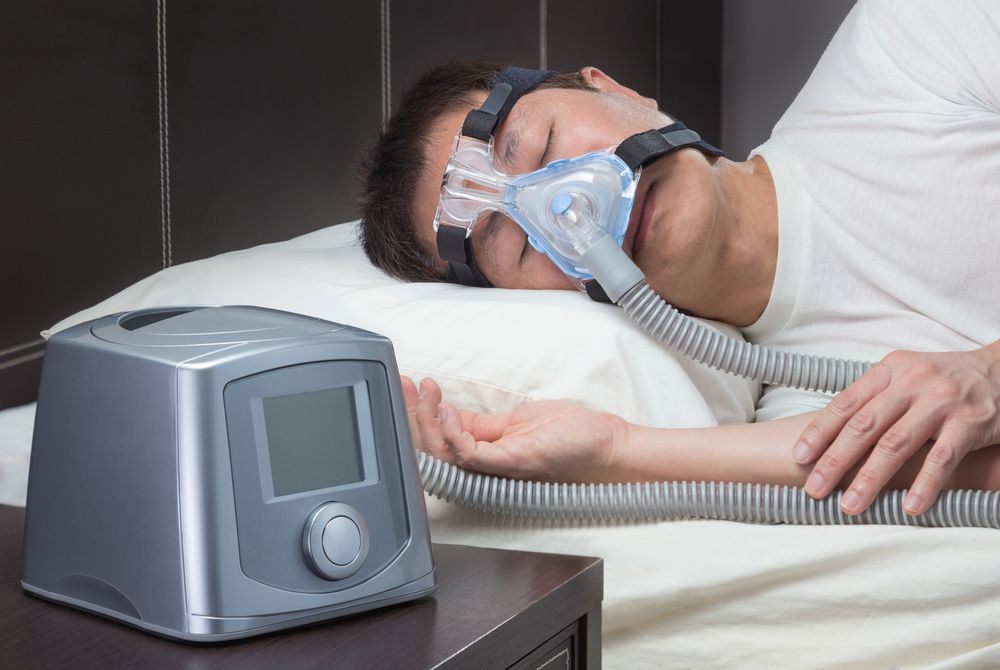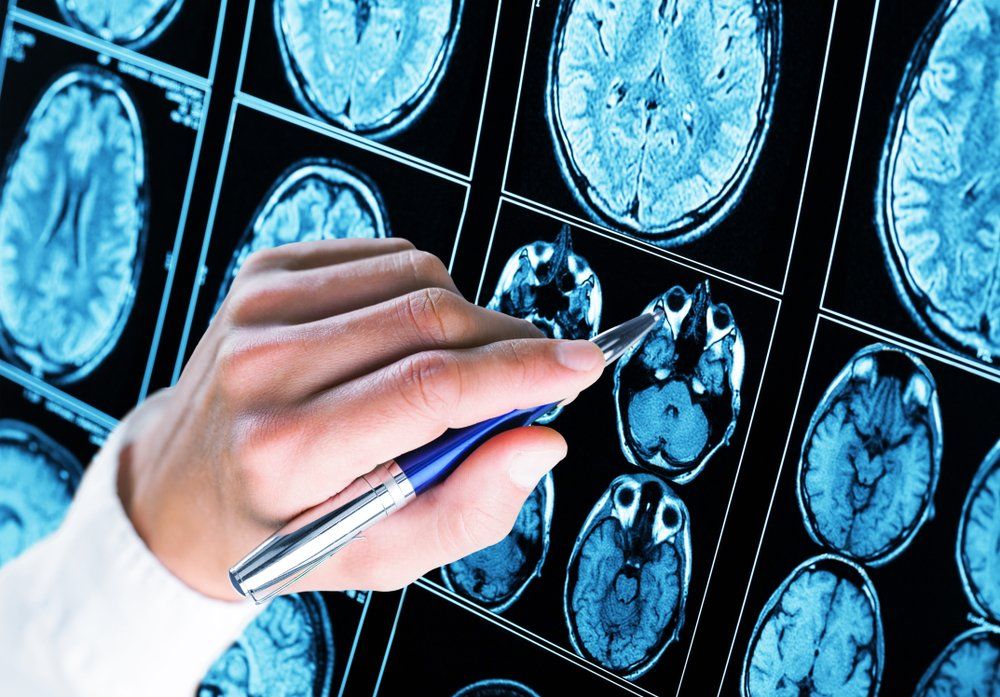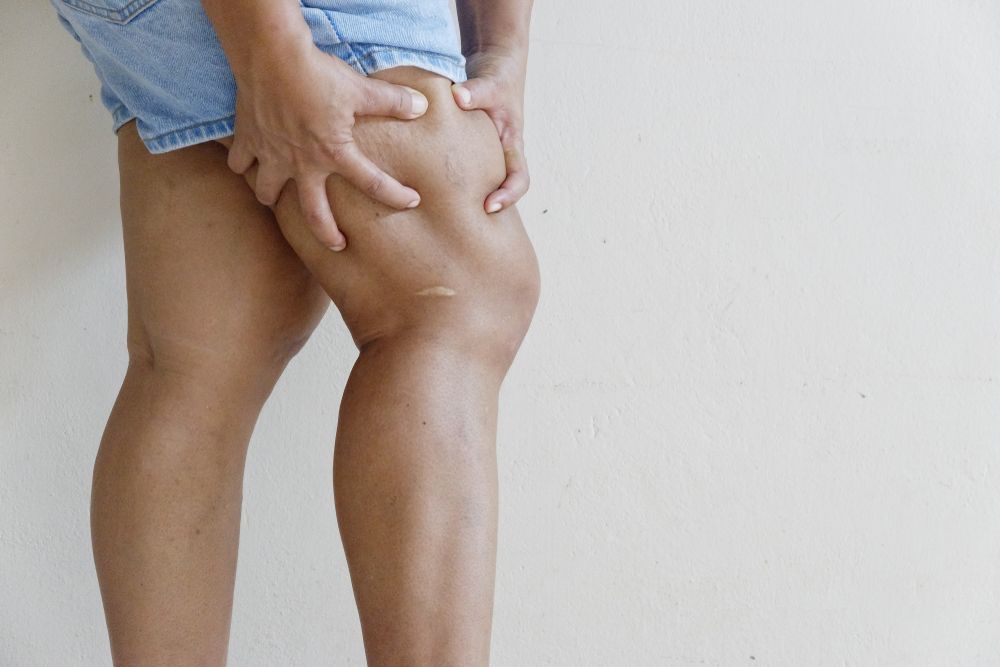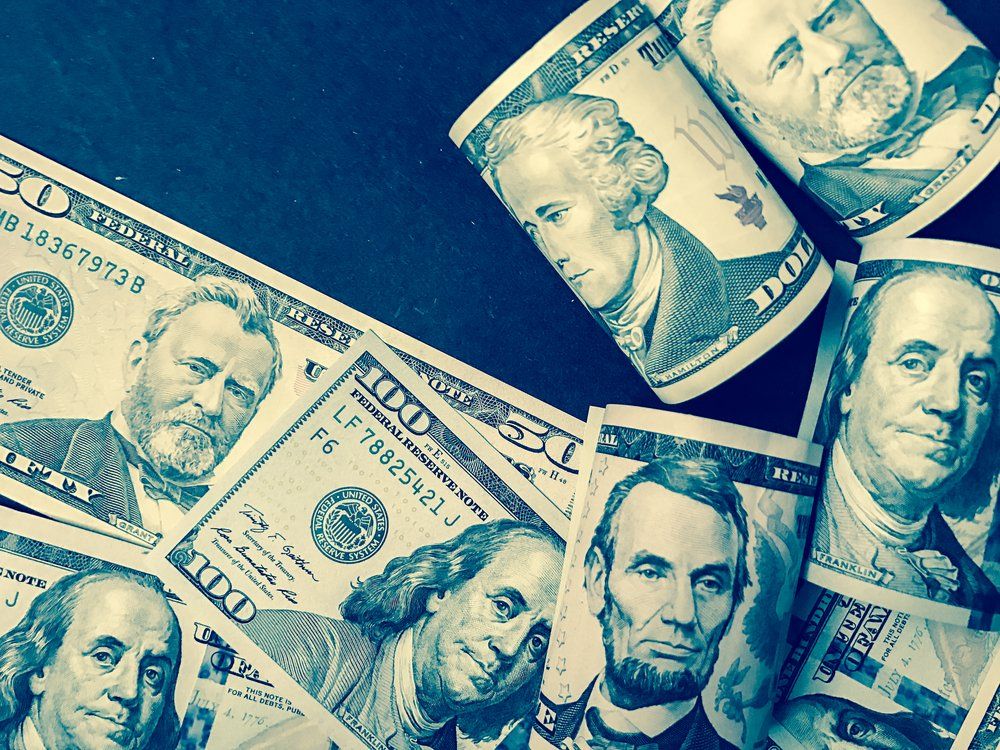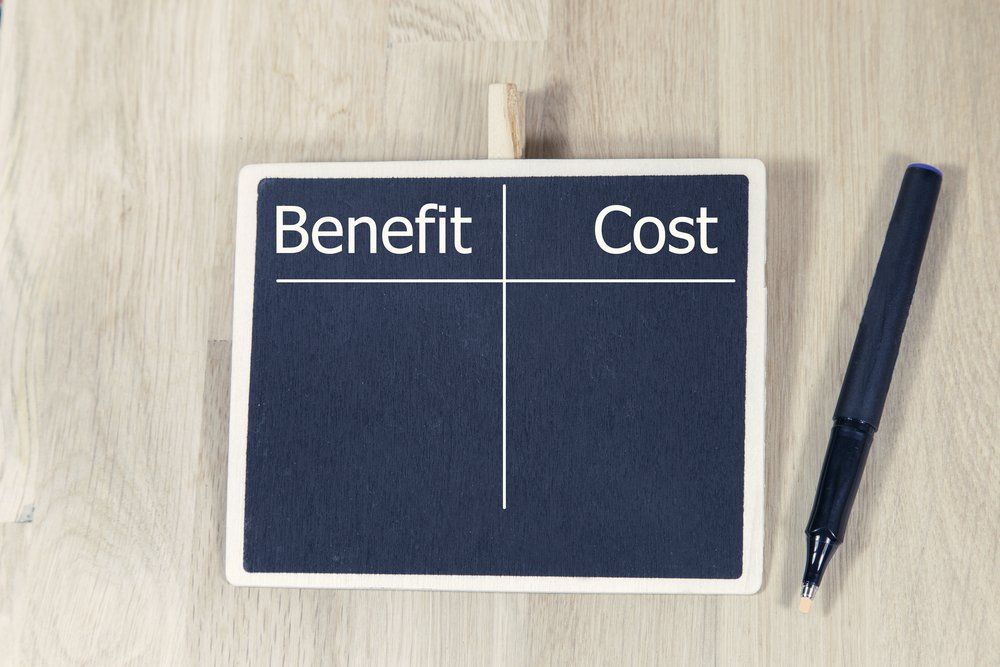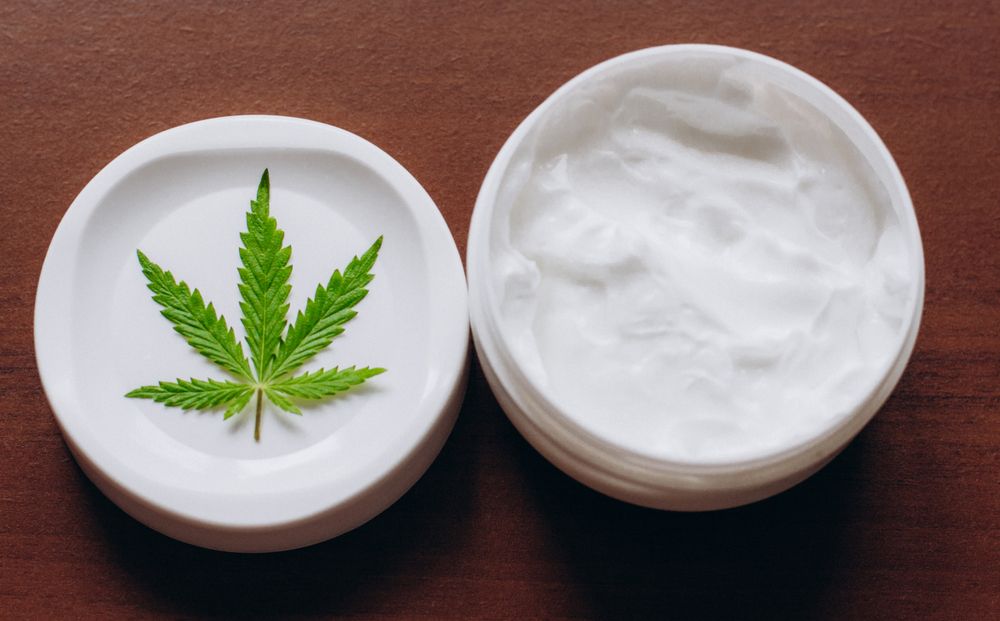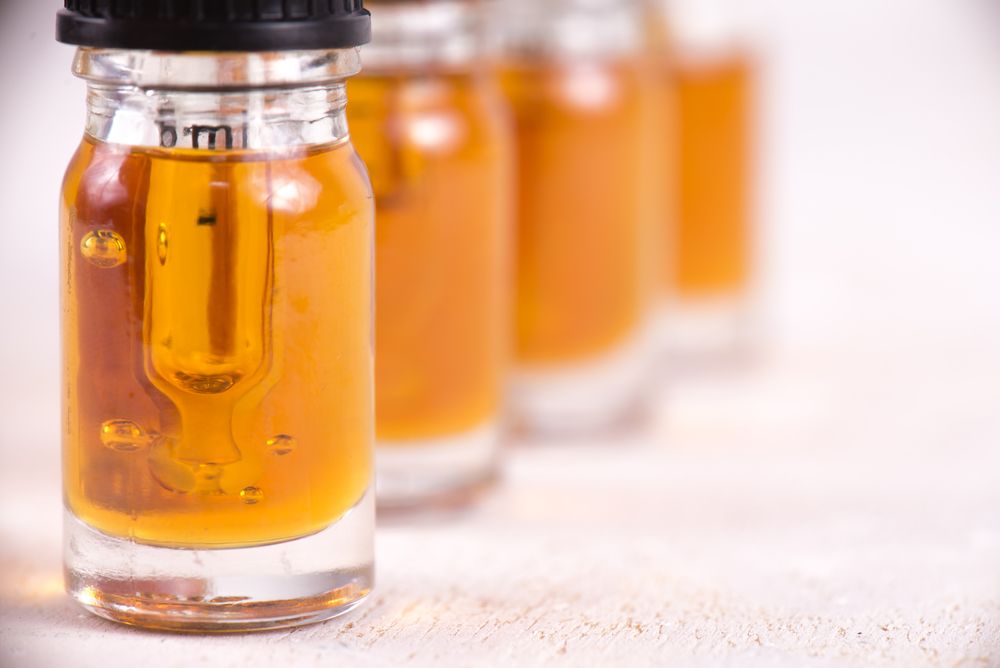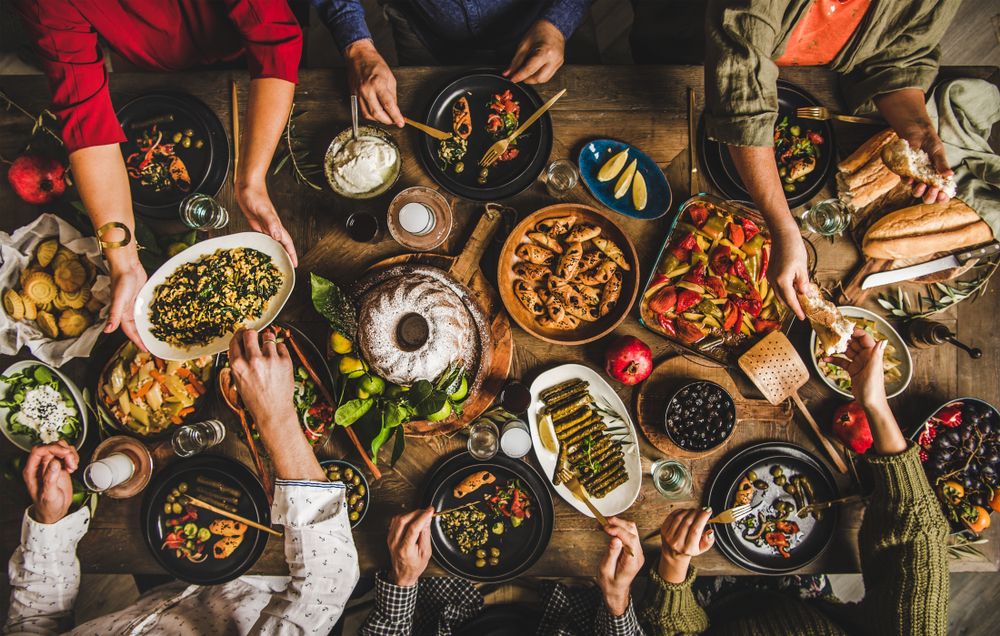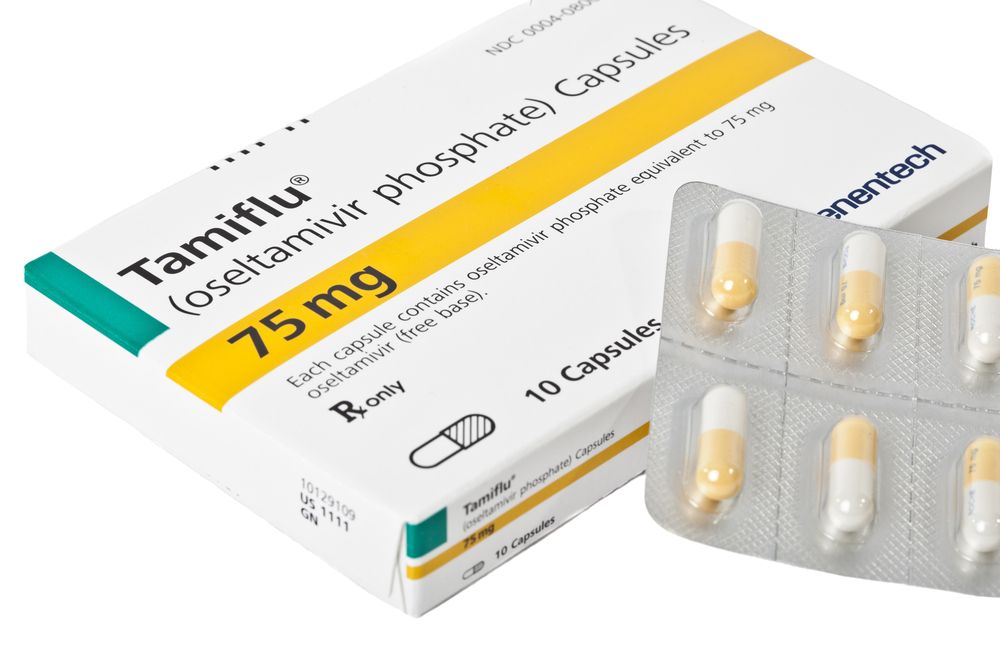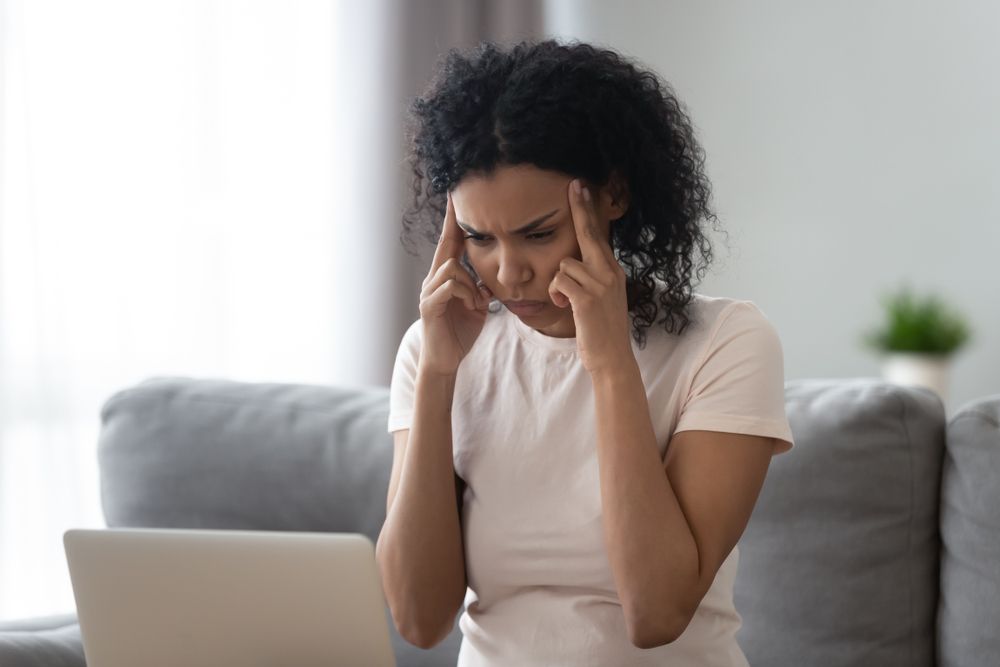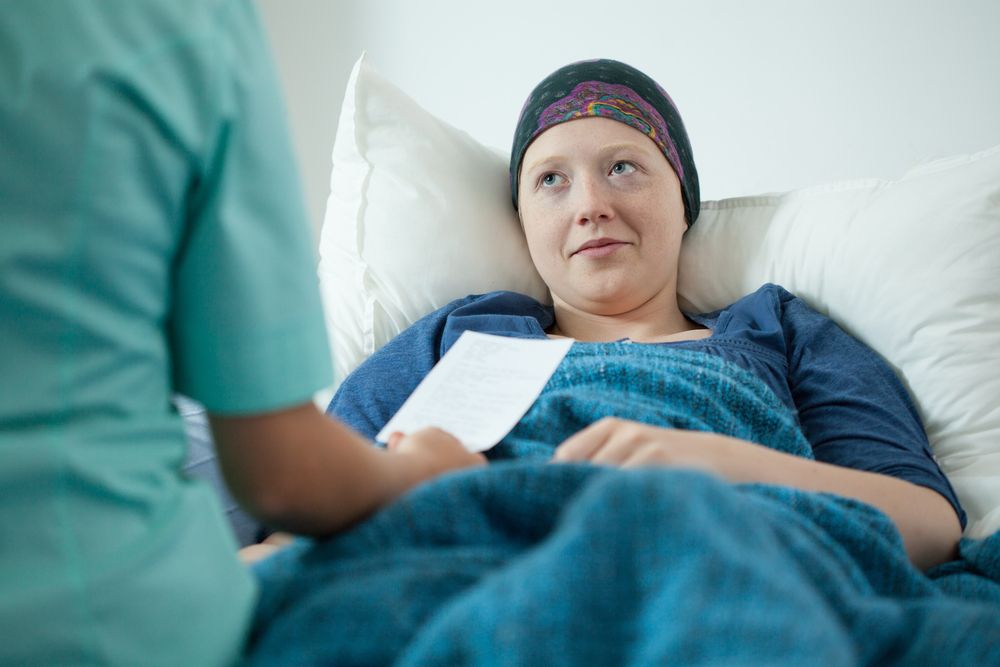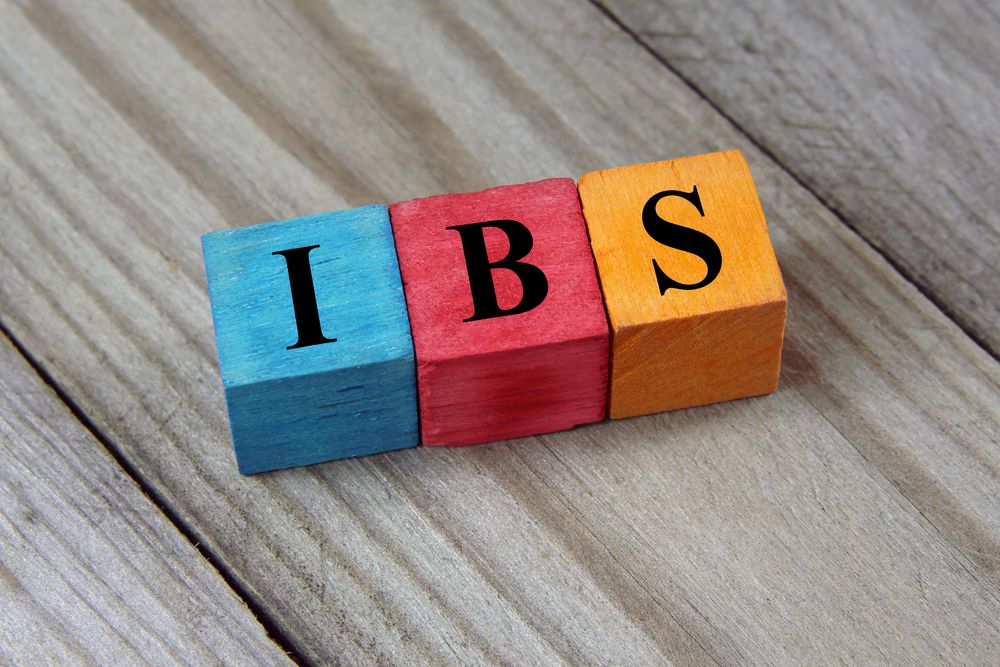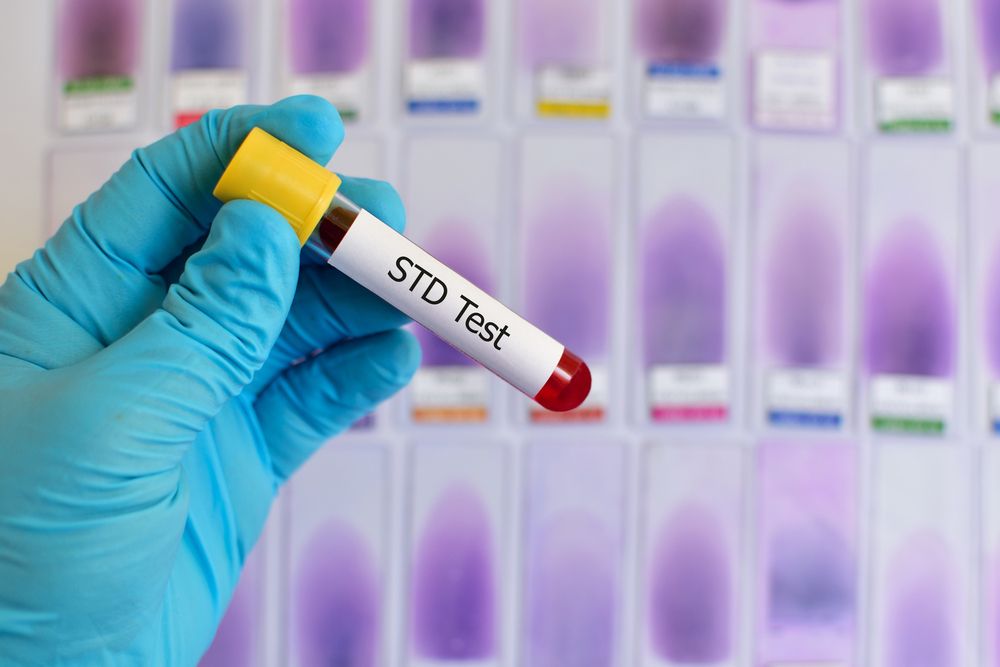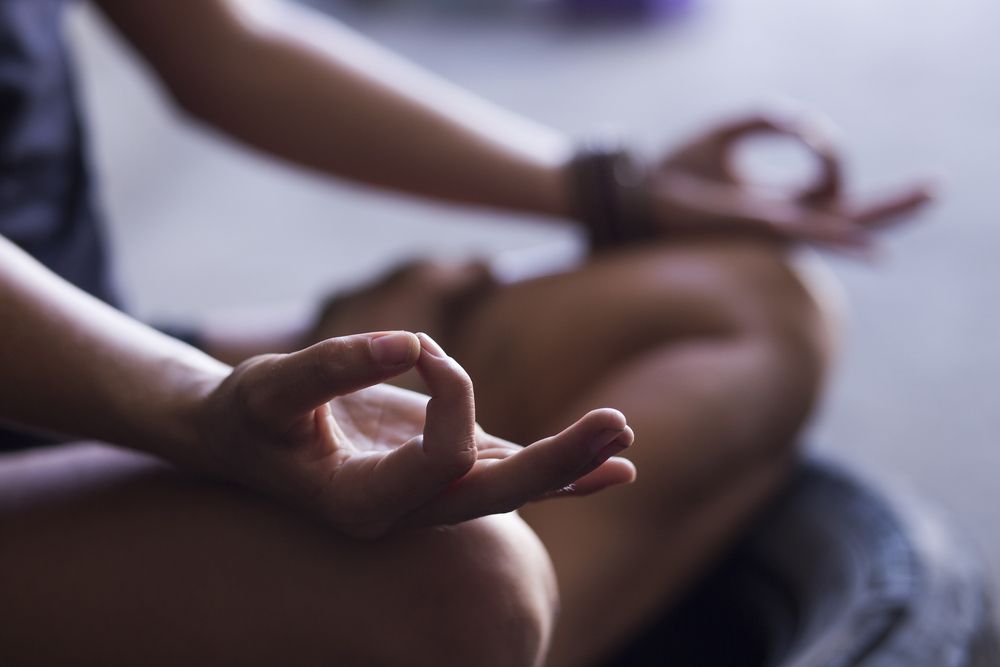A colonoscopy is a procedure during which a scope is inserted into the rectum so your doctor can look inside your large intestine.
This lets them check for ulcers, inflamed tissue, abnormal growths, and any other problems. They can also use the scope to remove small abnormalities and take tissue samples to be analyzed further. (Learn More — Colonoscopy)
Preparing for the procedure should begin by reading any materials your doctor has given you, asking any questions you have, and following their instructions to the letter.
Leading up to your colonoscopy, you will have to follow a fairly restrictive diet. The day before and the day of the procedure are especially limited. You will only be able to consume liquids. (Learn More — Preparing for the Procedure)
Before the procedure, you will be given a drug to help you relax. The doctor will then slowly insert the scope into your rectum.
The procedure generally takes 30 minutes to an hour. It isn’t usually painful, but it can be uncomfortable and you may experience mild cramping. To alleviate cramping, breathe deeply. (Learn More — What Will It Be Like?)
Remember that colonoscopies are common procedures. While you may feel anxious going in, preparing for it well can help alleviate some of your worry. (Learn More — Tips to Make the Process Easier)
Colonoscopy
A colonoscopy is a procedure that allows a doctor to look inside your large intestine using a tool called a scope. These are cameras attached to long, thin tubes that are inserted into the rectum, allowing a doctor to check you for ulcers, inflamed tissue, abnormal growths, and any other problems.
The doctor can use the scope to remove polyps or other abnormal tissue if needed. They can also potentially take tissue samples (a biopsy), so they can examine the samples more thoroughly than the scope allows.
A colonoscopy can be deemed necessary for a variety of reasons. It is most commonly used to check for cancer in the colon or rectum as part of recommended routine cancer screenings for people aged 50 and up.
A doctor may also deem a colonoscopy appropriate for certain bowel problems, abdominal problems, rectal bleeding, or unusual weight loss. The procedure can be an important part of figuring out what is going on with certain parts of the body, with minimal risks to your health. Usually, the only downside is that many patients find the process a bit uncomfortable.
Preparing for the Procedure
When you are told you’ll need a colonoscopy, your doctor will likely provide you with a helpful guide on how to prepare for the procedure. Failing to prepare yourself properly could lead to embarrassment or being unable to undergo the colonoscopy on the scheduled day.
A big part of preparing for your colonoscopy will be getting your bowels as clear as possible. You will be put on a restrictive diet, laxatives, and potentially told to use an over-the-counter enema kit (although this is uncommon). Ask your doctor about any part of this process you don’t understand.
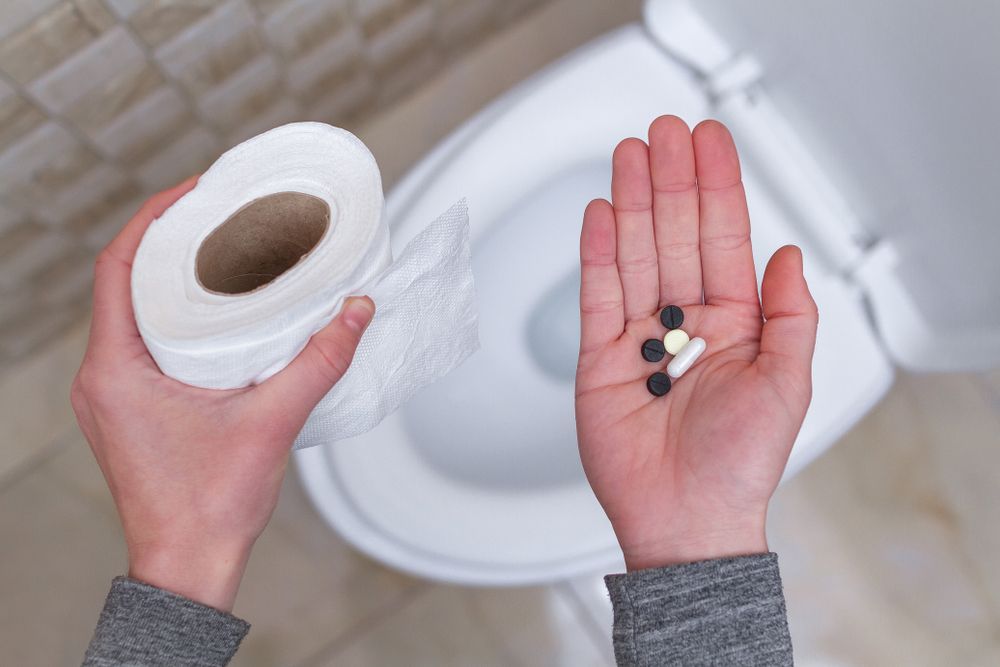
Tell your doctor about any medications you are taking, including iron supplements, as they may want to make some adjustments before your colonoscopy. They will often adjust diabetes and heart medications temporarily.
Be sure to follow any instructions provided by your doctor. In general, though, diet recommendations before a colonoscopy look like this:
- Days leading up to the colonoscopy: Eat a low-fiber diet. This means avoiding whole grains, nuts, seeds, raw fruits and vegetables, dried fruit, and more. Avoid dairy and anything with red, blue, or purple dye until your colonoscopy has been performed.
These changes are not permanent dietary recommendations. Once your colonoscopy is over, you can begin eating normally again. - Day before the colonoscopy: Your diet will be highly limited the day before your colonoscopy. You won’t be able to eat any solid foods. Instead, you’ll consume foods like clear broth, Jell-O, and some (but not all) popsicles. As a general rule, if it has solid chunks in it or seems thick in any way, it should be avoided.
Permitted drinks include tea, coffee, clear juices, clear soft drinks, sports drinks, and water. If a drink has pulp or other material in it, avoid it unless your doctor says otherwise.
- The day of the colonoscopy: You’ll follow the same guidelines as the day before, but you should not eat or drink anything two hours before the procedure.
What Will It Be Like?
Before the procedure, you will have to change into a hospital gown without underwear. You’ll be given medications to make you feel relaxed and drowsy. These medications will help reduce any discomfort you may feel and any anxiety surrounding the process.
You’ll then be told to lie on your left side on an examination table. A doctor will then insert a scope that is about a half-inch in diameter into your rectum, feeding the tube up your intestines so they can examine your insides with a camera.
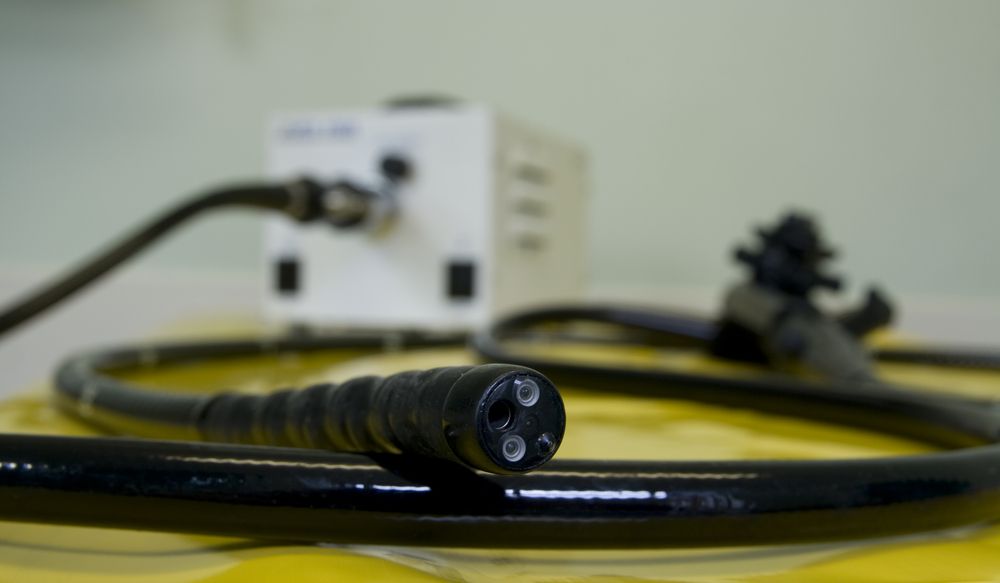
The scope can bend around the curves of your colon, but you may be asked to adjust positions to make things easier. The scope will blow air into your colon, which helps the doctor see properly. After 30 to 60 minutes, the doctor will be able to slowly withdraw the scope from your rectum.
Some people experience mild cramping during this procedure. To reduce cramping, take slow, deep breaths.
Tips to Make the Process Easier
It can help to remember that while this may be an unusual experience for you, it is normal and routine for your doctor. They aren’t judging you and are focused on getting the information they need from the colonoscopy.
In the leadup to your colonoscopy, you may experience diarrhea. Before you begin your diet and take laxatives, buy medicated wipes (such as Tucks) and skin-smoothing products like Vaseline. This will cut down on any irritation that might occur if you continue to use regular toilet paper.
You will need to clear your schedule before your colonoscopy. Expect to use the bathroom often and urgently. Wear loose clothing, and try to generally stay close to a bathroom to prevent accidents.
References
Colonoscopy. (May 22, 2018). Mayo Foundation for Medical Education and Research (MFMER).
Preparing for a Colonoscopy. (August 13, 2018). Harvard Health Publishing.
Colonoscopy. (August 27, 2019). WebMD.
Colonoscopy. (May 1, 2018). MedlinePlus.


